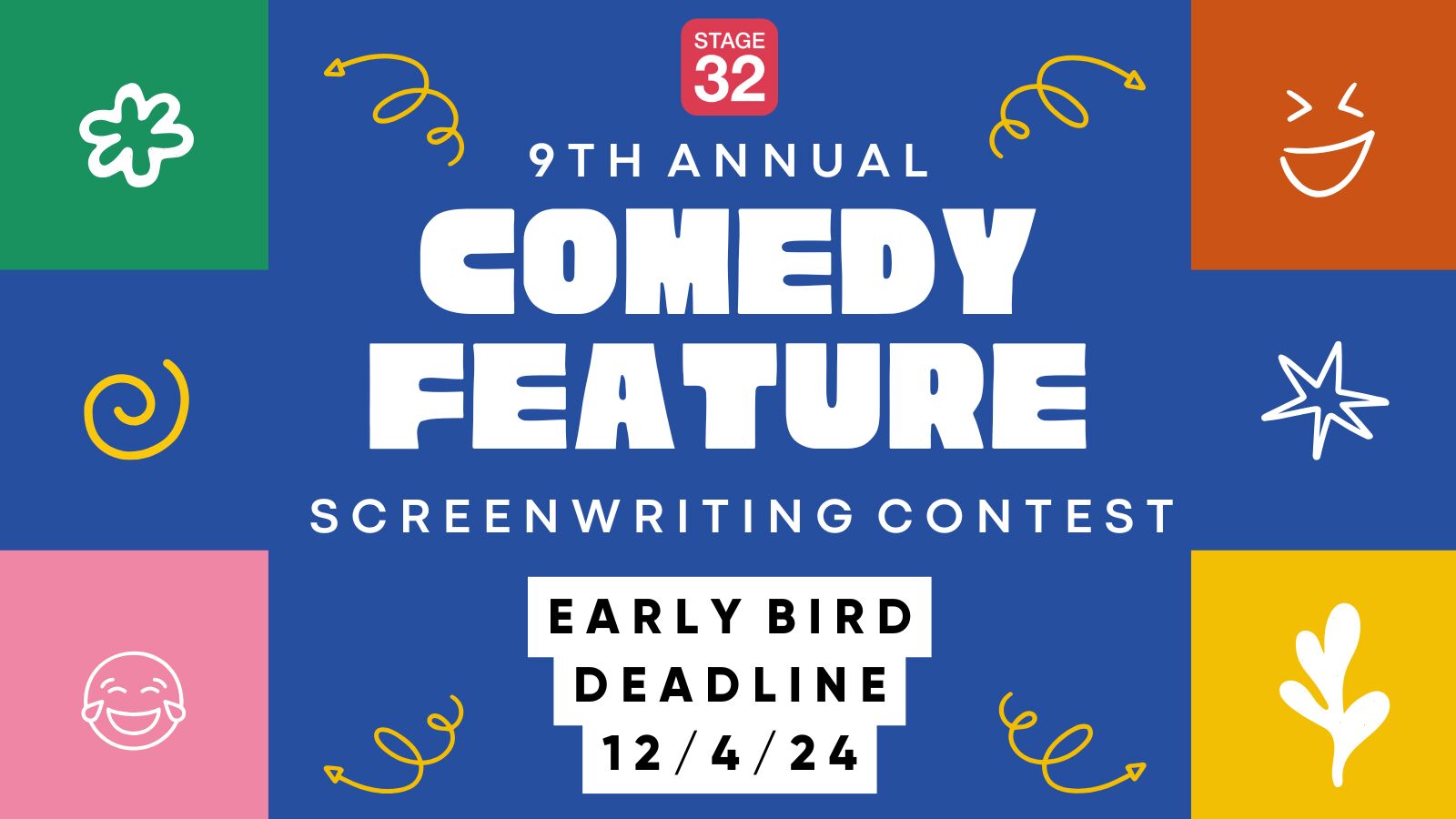So I'm primarily a visually-minded individual. When I have a story in my head, I see it as a movie, not as words or language. I want to write novels because I want to have full control over my story and not have any limitations on what I create.
However, I'm running into a problem. How do I take the movie that's in my head and translate it into prose?? I've written screenplays and scripts before and really love that medium, but the chances of getting a script made into a finished product are basically zero. I'm also a HUGE fan of novels along with movies, so there's another reason I'd love to write one.
I'm not into "beautiful language" or fanciful prose. I really love a lean style that focuses on the plot and the characters, something sort of like Cormac McCarthy, but with proper punctuation. Or Elmore Leonard.
But I'm just really stuck at the moment because I can't figure out how to get some of the scenes I'm working out in my head into writing because they are visuals that would work in a film, but I'm not sure that same thing can be translated into prose the way I see it in my imagination. Does that make sense?



1 person likes this
Michael Cantrell that is a pervasive challenge that resonates with me and is a crucial component of the craft,
which I've been studying for about six years through five feature scripts and one novel (based on / expanded from one of my scripts).
I am a visual artist and painter, so that visualization paradigm is familiar to me, fortunately for me I also have a verbal talent which I have nurtured through study, and some journalistic inclinations and abilities which I think is that crucial component.
Because to me what we are seeing in the imagination is a flowing portrayal "I see it as a movie" type of cerebral and spiritual experience that we can connect with and create.
And in order to get it on the page, we have to apply our journalistic skills in witnessing and reporting back that experience in specific verbal language piece by piece.
And one of the main problems is that the process is SLOW and ARDUOUS.
I must re-run that film and visual cinematic scene in fixed and alternate versions in my mind at various speeds over and over and grasp, describe, transcribe and get it down while holding all that flow in my mind in some sort of stable state.
For me it has required training, persistence and study and I think I am a person for whom some of it comes naturally.
I am grateful and blessed in this regard.
If it's not within reach for certain artists, yes it will be a lifelong / years-long struggle but only you can decide if it is worth it to do that kind of work, perhaps there are different ways to get it done, maybe speaking to a digital voice recorder and then transcribing or having a computer app do that for you would be helpful?
Otherwise it can still take me all day to get a single page of screenplay scene written and it's like slogging through molasses over and over again but I love it and it's worth it and I have been able to get better at it.
Then building the novel with the script as a solid outline is an additional set of challenges, six months to a year of immersive full-time work, tripling the word count by embracing all the other possibilities on the page, and shutting out everything else in one's life to be dedicated and devoted to that vision.
Good luck !!!!! ᕕ(⌐■_■)ᕗ ♪♬
A friend is turning a script into a third person present tense novel. He started out trying to write third person past tense but he kept slipping into present tense.
Have you considered writing in present tense with a healthy mix of drawings, but less than a graphic novel. That way you can keep some of your more visual ideas.
Good luck.
Bill
Bill Johnson That's funny you mention it. I actually do write in present tense, for the very same reason. It seems natural to me honestly. Since the story plays out like a film in my head, the present tense makes the action feel more immediate.